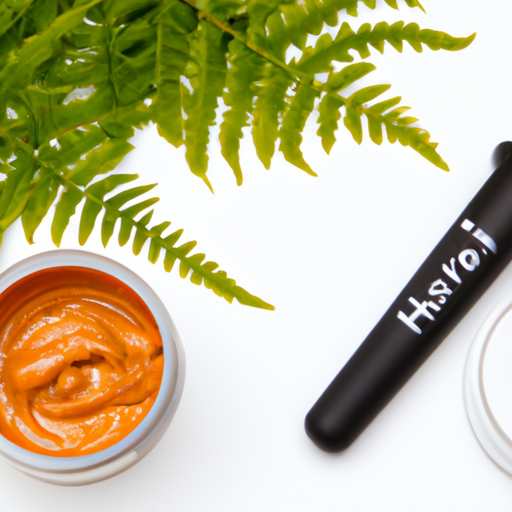Uncategorized
Does Hydrocortisone Cream Work for Hemorrhoids?
- Hydrocortisone Cream for Hemorrhoids
- Clinical Trials for Hemorrhoids
- What Are Hemorrhoids?
- Hydrocortisone Cream for Hemorrhoids
- How Does Hydrocortisone Help Ease Symptoms of Hemorrhoids?
- How Is Hydrocortisone Cream Used for Hemorrhoids?
- Potential Adverse Effects
- Precautions to Be Aware of Before Using Hydrocortisone Cream
Hydrocortisone Cream for Hemorrhoids
Hydrocortisone, a corticosteroid drug, is available as a cream that can be used for the treatment of numerous skin conditions, including hemorrhoids. Although it doesn’t cure hemorrhoids, it can ease the symptoms.
Clinical Trials for Hemorrhoids
Have you considered clinical trials for Hemorrhoids? We make it easy for you to participate in a clinical trial for Hemorrhoids, and get access to the latest treatments not yet widely available – and be a part of finding a cure.
What Are Hemorrhoids?
Hemorrhoids are swollen and inflamed veins that develop inside the lower rectum or under the skin around the anus. They can cause symptoms such as pain, itchiness, and rectal bleeding. This condition is also called piles. Hemorrhoids are common, especially in adults over the age of 50.
Hydrocortisone Cream for Hemorrhoids
Hydrocortisone cream is available over the counter (OTC) and by prescription to ease hemorrhoid symptoms. Mild forms contain less than 1% hydrocortisone, meaning they contain 10mg of hydrocortisone per gram. In the US, hydrocortisone is generally available over the counter up to 1%. Obtaining stronger forms typically requires a doctor’s prescription. Prescription-strength topical hydrocortisone is typically 2.5%, such as Anusol HC or Proctosol HC.
How Does Hydrocortisone Help Ease Symptoms of Hemorrhoids?
Hydrocortisone has anti-inflammatory and antipruritic properties. When absorbed through the skin, it prevents the skin cells from releasing chemicals that cause inflammation. This can help manage hemorrhoid symptoms, such as itching and swelling.
How Is Hydrocortisone Cream Used for Hemorrhoids?
Follow the advice given by your doctor and the instructions on the packet when using topical hydrocortisone. Hydrocortisone cream should be applied 2–4 times daily. A good guide is to apply it as soon as you wake up, after you have a bowel movement, and before you go to bed. Hydrocortisone cream should only ever be applied to external hemorrhoids. You should apply a thin layer to the rectal area and rub it in gently. Avoid using hydrocortisone on healthy skin. Avoid covering the area where hydrocortisone was applied with an occlusive dressing such as a bandage. Doing so can cause too much hydrocortisone to be absorbed through the skin and lead to adverse effects. Tell your doctor if your symptoms do not ease within seven days of using an OTC medication. Topical hydrocortisone should not be used for hemorrhoids for longer than one week to avoid adverse reactions. For prescription hydrocortisone cream, let your doctor know if your symptoms do not improve.
Potential Adverse Effects
Topical hydrocortisone is considered safe for most people when used as instructed. However, like any other medication, it can cause adverse effects. Potential common adverse effects from hydrocortisone cream include the following:
- Burning
- Stinging
- Itching
- Irritation
Adverse effects are more common in people using stronger creams or with prolonged use. Applying occlusive dressings can further increase risk. Potential serious adverse effects include:
- Adrenal gland problems — symptoms include low blood pressure and rapid heart rate
- Signs and symptoms of Cushing’s syndrome
- High blood glucose levels
- Excess sugars in the urine
Serious adverse effects with OTC topical hydrocortisone are extremely rare if you follow the usage instructions carefully. If you experience any severe side effects, you should contact your doctor as soon as possible.
Precautions to Be Aware of Before Using Hydrocortisone Cream
Some precautions to be aware of before using hydrocortisone cream include the following:
- Pregnancy and breastfeeding
- Children
- Allergies
- Existing medical conditions

 Skip to content
Skip to content


